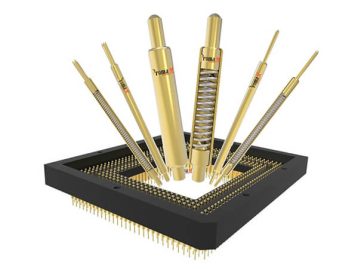Tired of finding the right waterproof bulkhead connector for your application? You’re not alone. Choosing the wrong connector can result in equipment failure, loss of data, and even safety hazards. That’s why selecting the right connector for your needs is essential.
But with so many options available, how do you choose the right one? It can be overwhelming navigating their various sizes, materials, and features. That’s where we come in.
For a waterproof bulkhead connector, there are a few things to remember to choose the right one for your needs. This article will explore everything, from their different types to the environmental conditions they can withstand and more. Considering all these factors, you can better select a connector that meets your requirements.
By the end of this article, you’ll have the knowledge and confidence to choose the proper waterproof bulkhead connector for your application. It will ensure your equipment operates efficiently and safely. So let’s dive in!
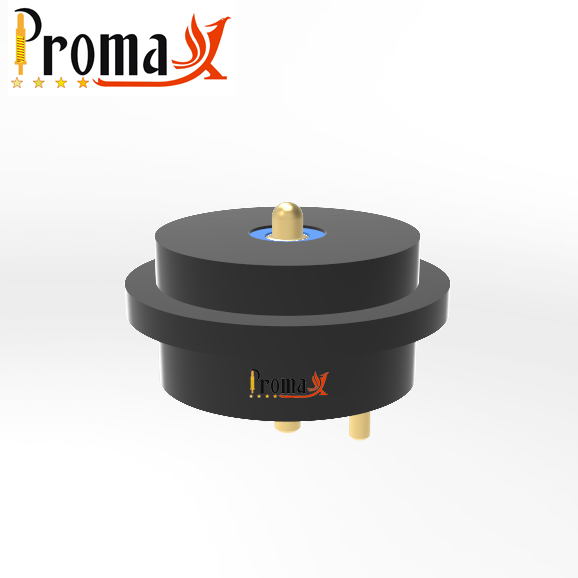
Understanding Your Application
Waterproof bulkhead connectors are common in a variety of applications that require protection from moisture, dust, and other environmental factors. Some everyday applications include marine, automotive, industrial, and outdoor electrical systems.
-
Marine Applications
Marine electronics need tough connectors that won’t short out in saltwater, sun, or rain. Waterproof bulkhead connectors are the superhero solution. They keep navigation lights shining, radios crackling, and electronic displays glowing, no matter what the sea throws at them.
-
Automotive Applications
Automotive applications have important electrical components like headlights, taillights, and audio systems. These components should work properly in harsh conditions like heat, vibration, and dust. To ensure they do, manufacturers use waterproof bulkhead connectors. These connectors can handle harsh conditions and keep the electrical components working.
-
Industrial Applications
Industrial settings rely on waterproof bulkhead connectors for connecting electrical components. These connectors can endure severe environments like high temperatures, humidity, and chemicals. They are ideal for connecting motors, sensors, and control systems in factories and other industrial settings.
-
Outdoor Applications
Waterproof bulkhead connectors are vital in outdoor electrical systems. They connect electrical components in various applications like outdoor lighting, security systems, and more. Their ability to withstand exposure to rain, snow, and extreme temperatures makes them ideal for outdoor applications.
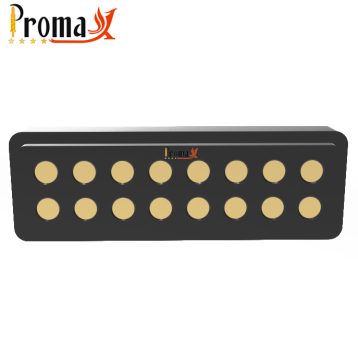
Environmental Factors
When choosing a waterproof bulkhead connector, consider environmental factors like temperature, moisture, and vibration. They can affect the connector’s performance and ability to protect electrical components. For instance, if the connector is used in a high-temperature environment, it may need extra insulation or cooling features to prevent overheating. Similarly, if the connector is used in wet conditions, it may need extra sealing to keep moisture out.
Connector Types and Materials
There are many kinds of waterproof bulkhead connectors, each with its benefits. Think about which one you need before choosing a waterproof bulkhead connector.
| Connector Type | Materials | Common Applications |
|---|---|---|
| Circular Connectors | Metal, Plastic | Industrial applications, harsh environments |
| Rectangular Connectors | Metal, Plastic | Automotive, consumer applications |
| Coaxial Connectors | Brass, Stainless Steel | Telecommunications, broadcasting |
| Fiber Optic Connectors | Ceramic, Plastic | Telecommunications, medical equipment |
-
Circular Connectors
Circular Connectors are made of durable materials like metal or plastic. Known for their robustness and ability to withstand harsh conditions, they are common in industrial applications for secure connections in harsh environments. Their circular design enables easy alignment and locking, ensuring a tight and secure connection.
-
Rectangular Connectors
Rectangular connectors are like building blocks that fit together in automotive and consumer applications. Made from metal or plastic materials, they come in a wide variety of sizes and shapes to fit the needs of any project. Because of their rectangular design, they can be added to existing systems easily. They are super versatile and known for how well they can be added to different systems.
-
Coaxial Connectors
Coaxial connectors are used in high-frequency applications, such as telecommunications and broadcasting. They are really good at sending signals fast and without losing any information. With a cylindrical design, they are made of strong materials like brass or stainless steel.
-
Fiber Optic Connectors
Also known for their high-speed data transmission with minimal interference, they are used in applications, like telecommunications and medical equipment. They are made of materials such as ceramic or plastic and are designed to cut signal loss. The materials used in the connectors can also vary depending on the application. For example, connectors used in marine environments require materials that offer corrosion resistance, such as stainless steel or marine-grade brass. Connectors in high-temperature environments require materials that can withstand heat, such as ceramic or high-temperature plastics.
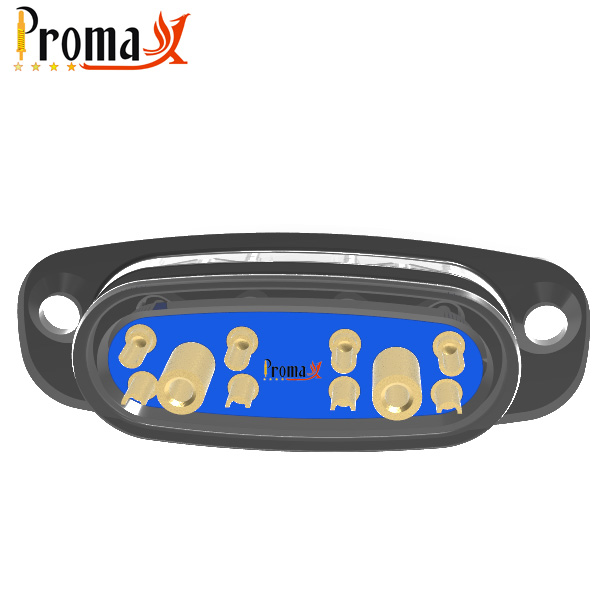
Connector Size and Configuration
Connector size and configuration are also essential to consider when selecting the appropriate waterproof bulkhead connector. They have different sizes and configurations, ranging from small, compact connectors to larger, more robust ones. They can impact the ease of installation, the amount of space required, and the compatibility with other components in the system.
Sealing and IP Rating
Sealing and IP (Ingress Protection) ratings are crucial factors in ensuring the waterproof capabilities of a connector.
| Sealing Level | IP Rating | Protection Level |
|---|---|---|
| Low | IP00 – IP44 | Limited protection |
| Medium | IP45 – IP66 | Moderate protection |
| High | IP67 – IP68 | Excellent protection |
-
Sealing
Sealing refers to the ability of the connector to prevent water or other fluids from entering the connector housing. Connectors can be sealed with different materials such as rubber, silicone, or epoxy to prevent water or other fluids from entering the connector housing.
-
IP Rating
Have you ever wondered how your device stays safe from water or dust? Well, IP rating measures just that! It tells how well a connector can keep solid objects, dust, and water from getting inside. The rating goes from IP00 (no protection at all) to IP68 (completely safe even when submerged in water!). So, the higher the IP rating, the more protected the connector is against these pesky invaders. Select the appropriate sealing and IP rating for your application to ensure proper waterproofing.
Electrical Properties
The electrical properties of a waterproof bulkhead connector are crucial in ensuring its suitability for different applications.
-
Voltage and Current Rating
The voltage rating tells how much voltage a connector can handle without getting hurt. A connector with a rating of 250 volts can safely work with up to 250 volts. Usually expressed in amperes (A), the current rating refers to the maximum electrical current that can pass through the connector without overheating or causing damage. For example, a connector with a current rating of 10A can safely handle up to 10 amperes of electrical current. Choosing a connector with the correct voltage and current rating ensures safety and prevents damage to the connector and other electrical components.
-
Contact Resistance
Contact resistance refers to the resistance that electricity faces as it flows through a connector. High contact resistance can create problems with the system’s performance and even damage the components. Connectors with low contact resistance have a more efficient electrical connection and are less likely to overheat or cause damage to the components. Factors such as the quality of the contact materials, the design, and the mating force of the contacts can affect contact resistance.
-
Insulation Resistance
A connector can prevent electrical current from leaking through the insulation and causing a short circuit. In wet or humid environments, water can reduce insulation resistance, increasing the risk of damage to the system. Choosing a waterproof bulkhead connector with high insulation resistance prevents electrical leaks and protects the system from damage. To choose the right waterproof bulkhead connector, look for connectors with high insulation resistance, usually specified by the manufacturer.
-
Durability
When you’re choosing a connector for a system, it’s essential to think about how it will hold up in different conditions. High temperatures, vibrations, and shock can all damage connectors over time. It can even be dangerous and cause the system to stop working. To prevent this, look for durable and reliable connectors that are made to be rigid and can handle these conditions.
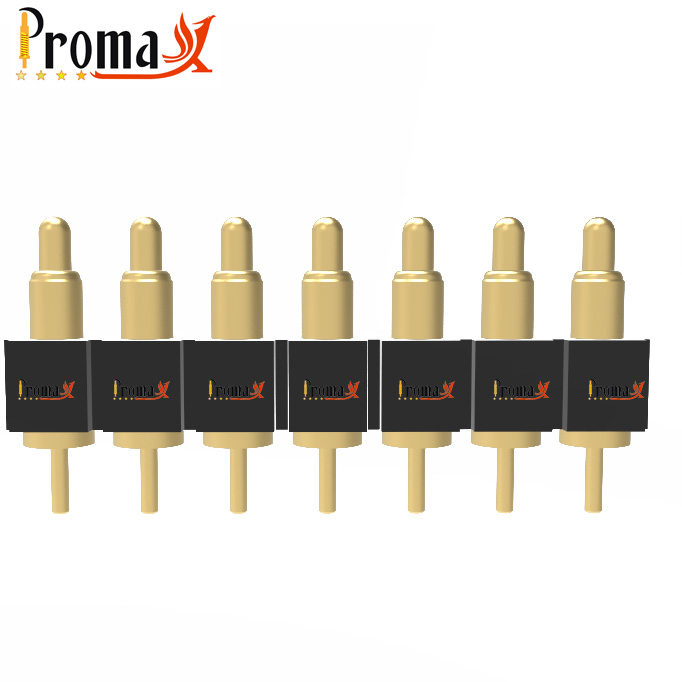
Connector Compatibility
Connector compatibility is essential when selecting a waterproof bulkhead connector. It is because the connector must be compatible with the devices it will be connecting to and with the environment, it will be used in. It ensures the connector can effectively and reliably connect the devices in the given environment while protecting from external factors that can impact its performance.
Cost Considerations
Cost is a key factor when choosing a waterproof bulkhead connector, as it can impact the budget. But, it’s important to balance cost with other crucial factors like quality and specific needs of the application. Choosing a cheaper connector that doesn’t meet the application’s requirements could lead to increased maintenance or replacement costs in the future. So, carefully check the application requirements to choose a connector that balances cost and features for optimal performance and reliability.
Conclusion
Choosing the appropriate waterproof bulkhead connector is a crucial factor for the success of your application. The abundance of available options can make the selection process overwhelming. However, considering the factors mentioned, you can better decide. A superior quality connector ensures optimal performance and safety for your equipment and personnel. It is significant to consider the type of connector, the materials used, and the environmental conditions it will be exposed to. Additionally, selecting a reliable supplier like Promaxpogopin can provide you with the necessary protection and reliability.
We’re thrilled that you’ve taken the time to go through our article. By working together, we can guarantee your success. So don’t hesitate to get in touch – we’re here to help you every step of the way!
 Over 15 Years of Expertise
Over 15 Years of Expertise FREE samples provided to ensure product satisfaction
FREE samples provided to ensure product satisfaction Rapid Turnaround: Mass Production Complete in 15 - 20 Days
Rapid Turnaround: Mass Production Complete in 15 - 20 Days





